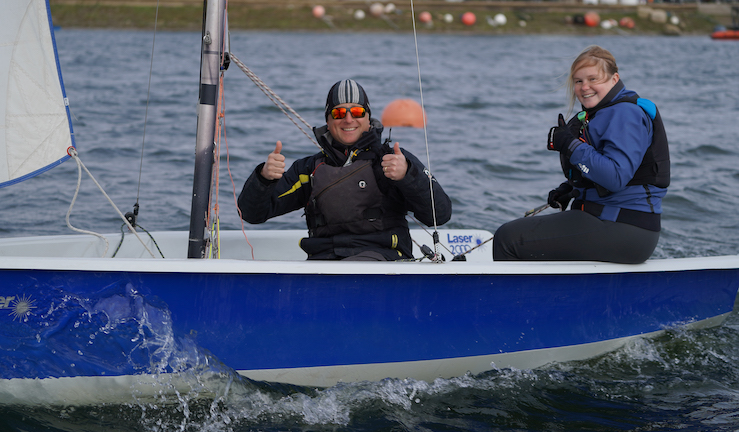
It is a sad fact that in many (I hesitate to say ‘most’) of our clubs rule observance is not very good. The Racing Rules of Sailing (RRS) do not demand perfection – indeed, the RRS include rules for dealing with when rules are broken. So, rule breaches are recognised as part of the game of sailboat racing and the RRS provides for taking penalties, exoneration and, if neither of those are applicable, for protest hearings.
However, over the years protest hearings have become something that many (I hesitate to say ‘most’) competitors dislike as they are seen as confrontational and time-consuming – and so, when a rules dispute occurs during a race, nothing is done about it. This, in itself, is rule-breaking too; but, worse still, it puts people off racing because it is unfair to those who observe the rules.
Avoiding protest hearings
Years ago, in order to try and alleviate this problem, the RYA developed other ways of dealing with rules being broken in an easier and less time-consuming way – known as the RYA Rules Dispute Procedures it comprises Advisory Meetings, RYA Arbitration Hearings and Post-Race Penalties. These have been available for a number of years and have been adopted by numbers of clubs; however, for them to operate satisfactorily three things are required:
1) the necessary rules (in the Notice of Race or Sailing Instructions) to use the procedures, which is easy because they can be downloaded;
2) a Club Rules Advisor, which is comparatively easy because there is a one-day training course (which I present) for those willing to take on the role; and
3) competitors who know about the procedures available, how they work and the advantages of using them – and this has proved more difficult to achieve!
On line course
The RYA has now developed this on-line course for competitors to learn about the procedures. It is not too long, is very user-friendly and can be done alone or in small groups.
I hope that many of those reading this will (a) try the course themselves; (b) encourage others to take the course; and (c) encourage their clubs to adopt the procedures and facilitate their use for all club and open racing events.
Need more help?
If I can help with any of this, please don’t hesitate to contact me. I also offer rules talks to clubs on Zoom or similar.
Chris Simon, London and South East Regional Rules Advisor

